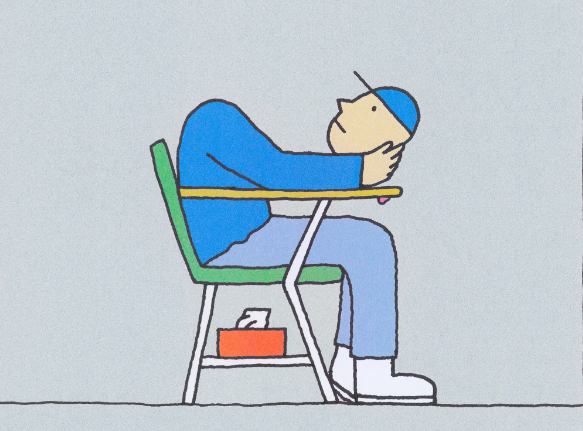At The New York Times, an opinion piece by psychologist Darby Saxbe considers the downsides to widely instituted mental-health programs focused on youth, including an in-school approach that paradoxically worsened depression:
“Ever since the pandemic, when rates of teenage suicide, anxiety and depression spiked, policymakers around the world have pushed to make mental health resources more broadly available to young people through programming in schools and on social media platforms.
This strategy is well intentioned. Traditional therapy can be expensive and time-consuming; access can be limited. By contrast, large-scale, ‘light touch’ interventions — TikTok offerings from Harvard’s School of Public Health, grief-coping workshops in junior high — aim to reach young people where they are and at relatively low cost.
But there is now reason to think that this approach is risky. Recent studies have found that several of these programs not only failed to help young people, they also made their mental-health problems worse. . . .
Consider a ‘social-emotional skills training’ school program called WISE Teens. Led by clinical psychologists in training, it consists of eight weekly hourlong classroom sessions in which students learn to manage their emotions with the help of tools and principles drawn from cognitive behavior therapy and Zen Buddhism.
Last month, the journal Behavior Research and Therapy published a study of 1,071 Australian teenagers who were observed from 2017 to 2018: One group participated in WISE Teens; another group participated in a standard health-class curriculum. Compared with the teenagers who got the standard education, the students in WISE Teens reported more depression, more anxiety, more difficulty managing their emotions and worse relationships with their parents. One out of every eight WISE Teens participants appeared clinically depressed after completing the program, compared with one out of every 13 participants who did the regular health classes.
These results are striking but not unique. Last year, an even larger study of a school-based mindfulness program, which looked at more than 8,000 British teenagers in more than 80 schools, found that the program did not improve mental health — and in fact led to worse anxiety and emotional problems, and lower levels of mindfulness skills. Yet another study published last year, which included some 2,500 Australian teenagers, also found that a mental health program made students more distressed.”
***
More from Around the Web
More from Mad in the Family















